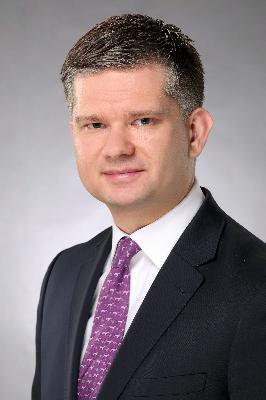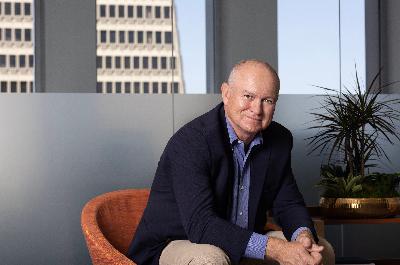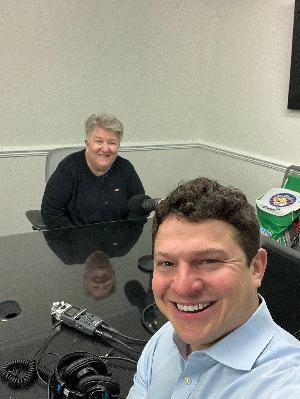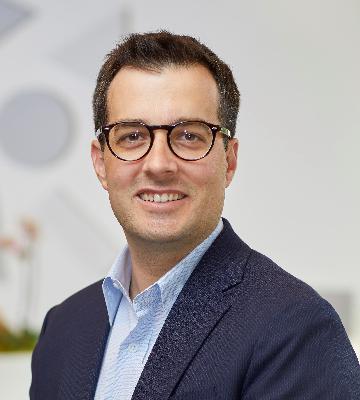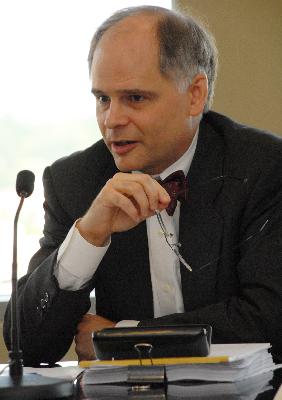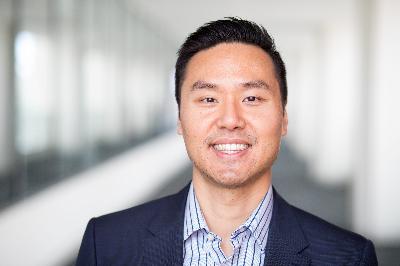Ex–USPTO Deputy Laura Peter on How America Benefits from University Research and Proposals to Seize IP
Description
Tech transfer has long been a critical but often overlooked part of the intellectual property system. For decades, the Bayh-Dole Act has guided how federally funded research moves from university labs into the marketplace. The system has generated hundreds of thousands of inventions and startups — and, as Laura Peter notes, led to nearly $2 trillion in economic growth through tech transfer. While widely regarded as a success, new march-in rights and “patent revenue sharing” proposals from policymakers seek to change that.
In this episode of the Clause 8 Podcast, Eli spoke with Laura Peter, former Deputy Director of the USPTO in the first Trump administration and current Executive Director of Research Commercialization and Partnerships at UNC Charlotte. With experience in Silicon Valley, government, and academia, Laura brings a unique perspective to the challenges and opportunities facing tech transfer today.
They cover:
* How Laura first met Andrei Iancu — and how that led to her appointment as Deputy Director when he was chosen as the Director of the USPTO.
* Lessons learned working in the first Trump administration about what to expect on the IP policy front this time around.
* The distinct role patents play for startups versus large companies.
* The lasting impact of the Bayh-Dole Act and how it reshaped tech transfer.
* How funding cuts, private investment pressures, and PTAB swings are affecting university research.
* Laura’s observation that proposals from the last administration to seize IP rights to lower drug prices haven’t been rescinded — and what that could mean for future policy.
Why it matters
The Bayh-Dole framework has been a cornerstone of U.S. innovation for more than forty years. Changes to how federally funded research is commercialized — whether through funding cuts, new government claims on patents, or expanded march-in rights — could redefine the balance between universities, startups, and industry. Laura’s perspective highlights not only the risks and opportunities, but also how unresolved policy proposals on government seizure of IP could reshape future debates.
🎧 Listen to the full episode on YouTube or wherever you get your podcasts.
📌 Sponsored by Tradespace – where ideas take flight.
🔔 Subscribe to the Clause 8 Podcast for more conversations on IP and innovation.
👉 Should the government play a bigger role in how university research is commercialized? Share your thoughts in the comments.
This is a public episode. If you would like to discuss this with other subscribers or get access to bonus episodes, visit www.voiceofip.com



